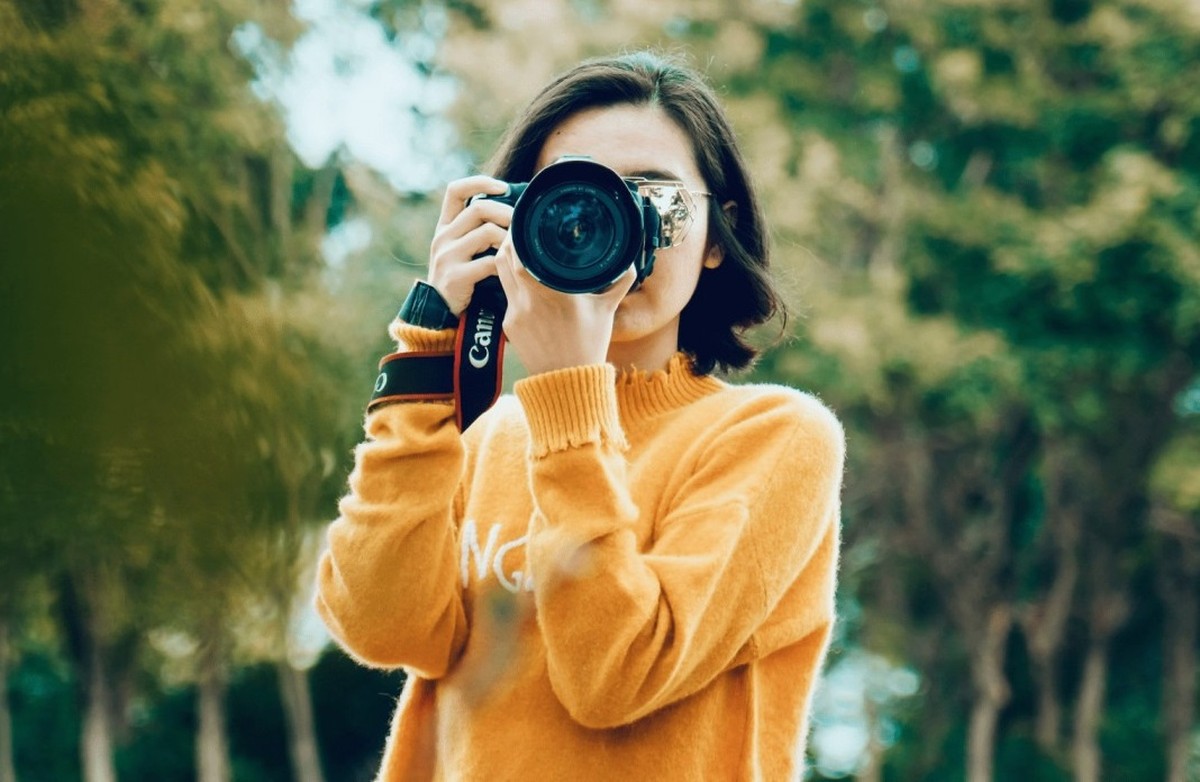07/12/2024
07/12/2024

NEW YORK, Dec 7: As mobile phones advanced with features like facial recognition and high-quality cameras, many thought they’d never need another device to capture memories. However, despite growing up surrounded by cutting-edge technology, the youngest generation is turning away from the latest smartphones. Instead, young people from around the world are rediscovering the digital camera, bringing them along on nights out, holidays, and social events.
According to Google Trends, searches for digital cameras have more than doubled since 2021. On TikTok, the hashtag #digitalcameras has seen over 276,000 videos, with Gen Z sharing photos from their outings. The Canon PowerShot, originally released in 1996, has gained particular popularity, with many young users praising it for producing "authentic" photos that are less polished than those taken with smartphones.
In one TikTok post, creator Evie Clark shared tips on finding the best digital cameras. Holding up an example shot, she revealed that her favorite model was the Canon Ixus, also from 1996. “You get the best night-out pictures like this,” she said, showing off a flash-lit image of her and her friends enjoying a night out. Evie also pointed out that the camera is perfect for outdoor use. She first bought her own for £20.
However, the revival of these old-school cameras has driven up prices, with vintage models now selling for £100 or more on eBay and other second-hand marketplaces. Cameras that are nearly three decades old are now priced between £80 and £150.
Evie noted that the camera’s “Instagrammable” images come with a catch: “Use the flash,” she emphasized, explaining that photos taken without it don’t capture the same effect. In another video, creator Aimee Phillips showcased her favorite digital camera, encouraging followers to buy one. “Everyone and their mum has been going crazy for this camera, and I can see why,” she said.
TikTok videos under the hashtag #digitalcameras reveal young people praising the device, showing off glamorous evenings spent at bars and clubs, dressed in Y2K-inspired outfits. “I hate the pictures without flash,” Aimee confessed, acknowledging the camera’s limited capabilities.
The digital camera trend isn’t just limited to TikTokers. Last year at the Emmys, The Bear star Ayo Edebiri was spotted snapping photos at the glamorous event using a digital camera.
Before the digital camera made its comeback, it was the film camera that captured the interest of Gen Z. Kodak even hired hundreds of new employees to meet the increased demand. Sales of digital cameras had fallen by 93% since 2010, but they’ve become a huge hit with nostalgia-loving Gen Z, who prefer them over time-consuming film cameras.
Celebrities like Kylie Jenner and Bella Hadid have also embraced the low-resolution, flash-heavy photos, further fueling the trend. Georgina Parrott, electrical buyer for John Lewis, told The Independent that sales of digital cameras have increased by 50% in recent years. She attributed this surge to popular models from brands like Canon and Fujifilm, which help customers capture the perfect shot.
Matthieu Rouif, CEO of Photoroom, explained that the shift toward digital cameras reflects a desire for a more “authentic” photo-taking experience. While smartphones offer convenience, digital cameras provide limitations, such as storage constraints and a slower process for uploading or printing photos, which young people seem to appreciate.
A study by Magners revealed that nearly a quarter of young people would prefer to have grown up in the 1990s, with 90% of respondents saying that Y2K fashion is making a comeback. This growing sense of nostalgia is fueling the return of the digital camera, a device that once defined an era of photography.


